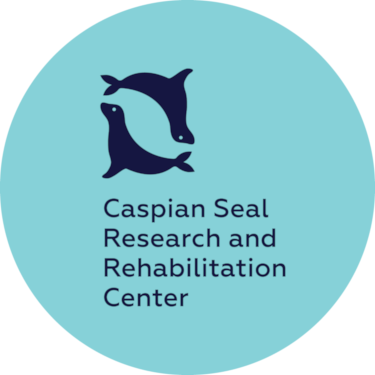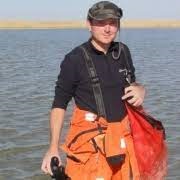Simon Goodman, Professor of the University of Leeds (UK) , one of the world’s leading experts in marine mammals protection, evolutionary Biology and Ecology, will join the CAIER team of scientists to save the endangered species – the Caspian Seal.
Professor Goodman – Head of the International Project “Assessment and Elimination of Factors Threatening the Caspian Seal,” UN Environmental Advisor, under his leadership after the 1980s, air calculations of the number of Caspian seals were carried out for the first time.
“The ecological state of the Caspian Sea is very difficult. Last year, there was again a massive death of Caspian seals, most of the dead animals were pregnant females. The Caspian seal is a marker of the health of the entire region, and the extinction of seals will inevitably lead to the death of the entire ecosystem. Only coordinated government-level work and the involvement of international scientists can prevent environmental catastrophe. We are glad that Professor Simon Goodman joined the CAIER Scientific Council, his many years of experience in studying the Caspian seal in combination with the knowledge gained by our Institute will help preserve the Caspian endemic population, “says Aselle Tasmagambetova, Ecologist, Founder of the Central Asian Institute for Environmental Research (CAIER).
Following cooperation negotiations with CAIER, Professor Goodman proposed his recommendations on priority areas for the conservation of the Caspian seal population. According to the scientist’s oppinion, the first priority is the creation of protective zones on the Caspian Sea and the regulation of illegal fishing (10,000 seals die annually as a result of barbaric actions of poachers). Solution of these issues will immediately make the seal population more stable.
Goodman highly praised the results of the CAIER’s research work to preserve the ecological safety of the Caspian Sea and expressed his desire to join the expeditions planned by the Institute.

